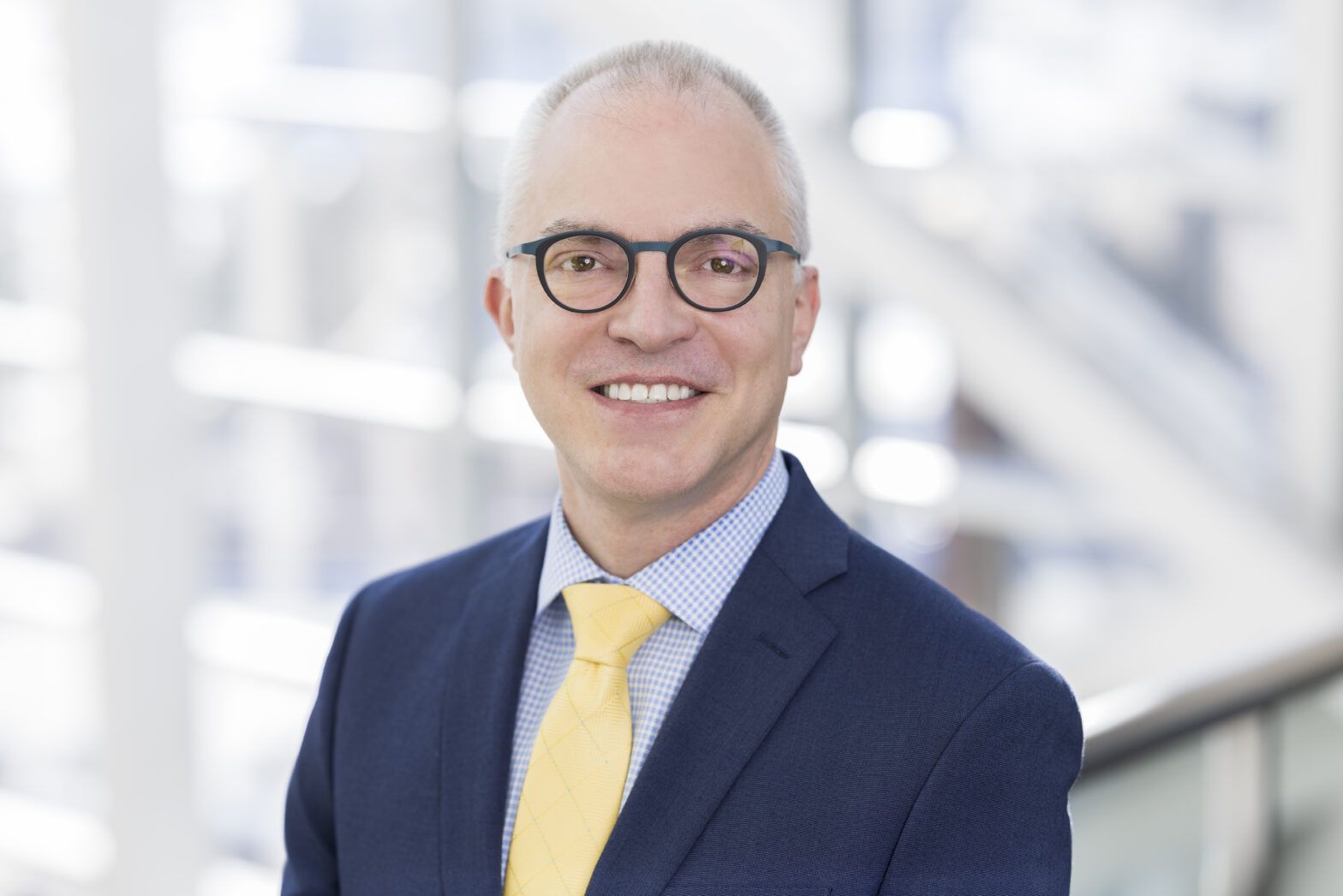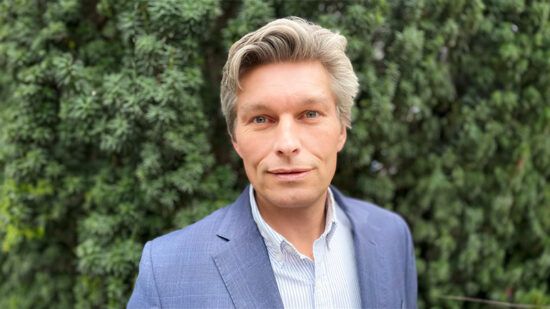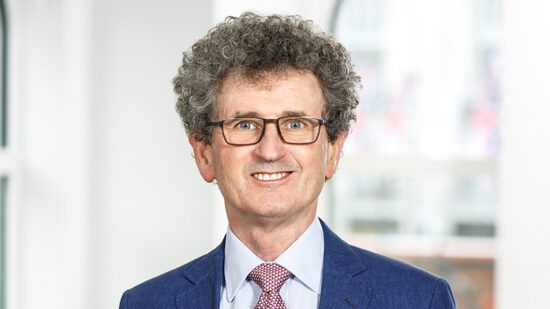Globe-trotting ex-banker Scott Herrmann turned his back on Wall Street during the financial crisis for life as a financial planner at a not-for-profit credit union in the mountainous city of Boulder, Colorado, where he says he now puts socially responsible investing at the heart of his work.
“I used to say, ‘we also offer socially responsible investments’,” he says. “Now I say, ‘we offer socially responsible investments.”
Herrmann joined Elevations Credit Union in 2013, which has a team of seven advisers that manages $700m in assets. Herrmann manages around $93m for 530 clients.
He made the switch to putting socially responsible investing at the heart of his work in 2020 and now has 68% of his assets under advice in sustainable portfolios, up from 44% in 2020. These are constructed for the firm by Morningstar.
The fund houses he likes to invest with include Morningstar for advisory, Calvert Research and Management for mutual funds, and Allianz for fixed indexed annuities.
“Calvert is a really good example of an investment company that does advocacy because it taught the framework for what socially responsible investing is,” he says.
Andrew Olig [responsible investment strategy specialist] from Calvert flies in from the Bay Area to answer questions from investors like Herrmann.
“Education is important because [ESG] means different things to different people,” Herrmann says.
Addressing the backlash
This is particularly true since the anti-ESG movement has picked up pace, with sustainable investing taking a hit. Investors pulled $5.2bn from US sustainable funds in the first quarter of 2023, the third quarter of outflows in a year, according to Morningstar data.
Herrmann, however, is no stranger to upheaval. As a financial analyst for Deutsche Bank, he worked out of Frankfurt, Hong Kong, Jakarta, Singapore and Tokyo, jumped ship to Lehman Brothers for two years in Tokyo before making his way back to the US in 2007 for a career change.
He says the key to riding out the anti-ESG wave is to focus primarily on two factors: educating investors and financial performance. Elevations Credit Union offers its members seminars to learn about socially responsible investing.
For those that are sceptical about ESG – or who simply don’t care – Herrmann goes back to his technical roots, honed from years as a financial analyst. People are less skittish about ESG when they are guaranteed financial performance, he explains.
“The financial aspects of it really have to shine. I can say, ‘hey, from a strictly financial perspective, this is a good investment. It helps to lower risk. It’s nice if your investments are not involved in class action lawsuits or big environmental challenges that are extremely expensive to clean up’,” he says.
Bringing ESG home
Nevertheless, when talking to clients about sustainable investing he finds it helpful to bring it back home. “We see the effects of global warming here [in Boulder]. We had a huge fire, thousands of homes burned. That never happened [before] when I grew up in this area.”
In January, local artist Android Jones – an iconic visual artist in the psychedelic art community – lost 20 years worth of work when his art studio burst into flames in a devastating fire.
Herrmann is undeterred about the anti-ESG backlash. “It is about the competence and the calmness of the adviser saying: ‘This is in your best interest’. This is really what people want to hear.”








